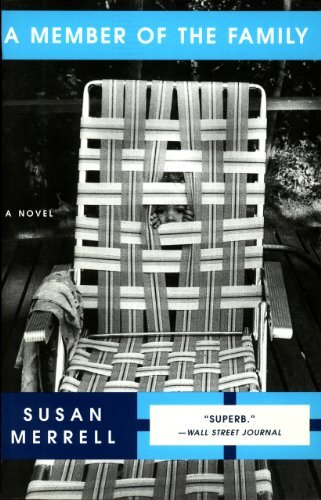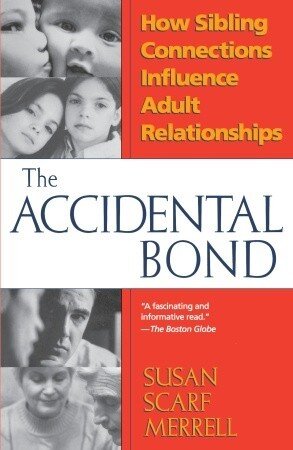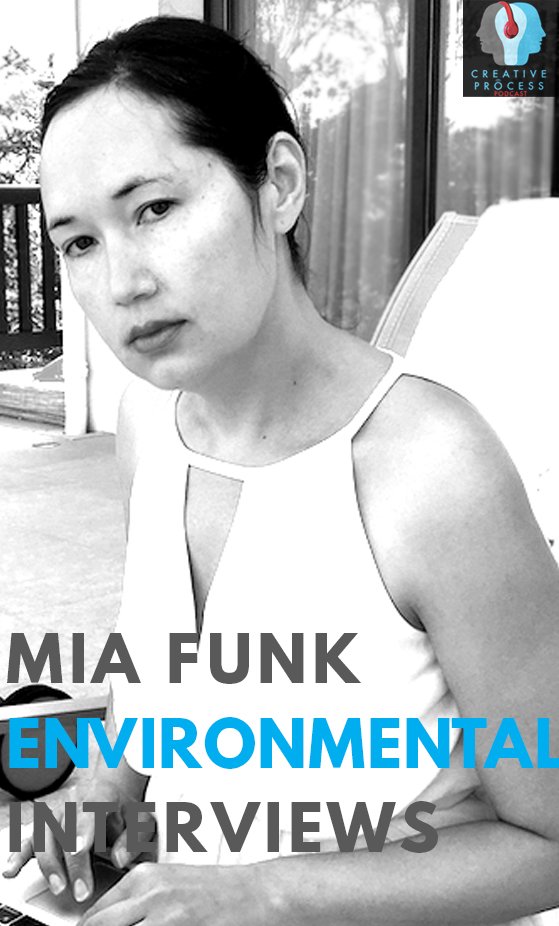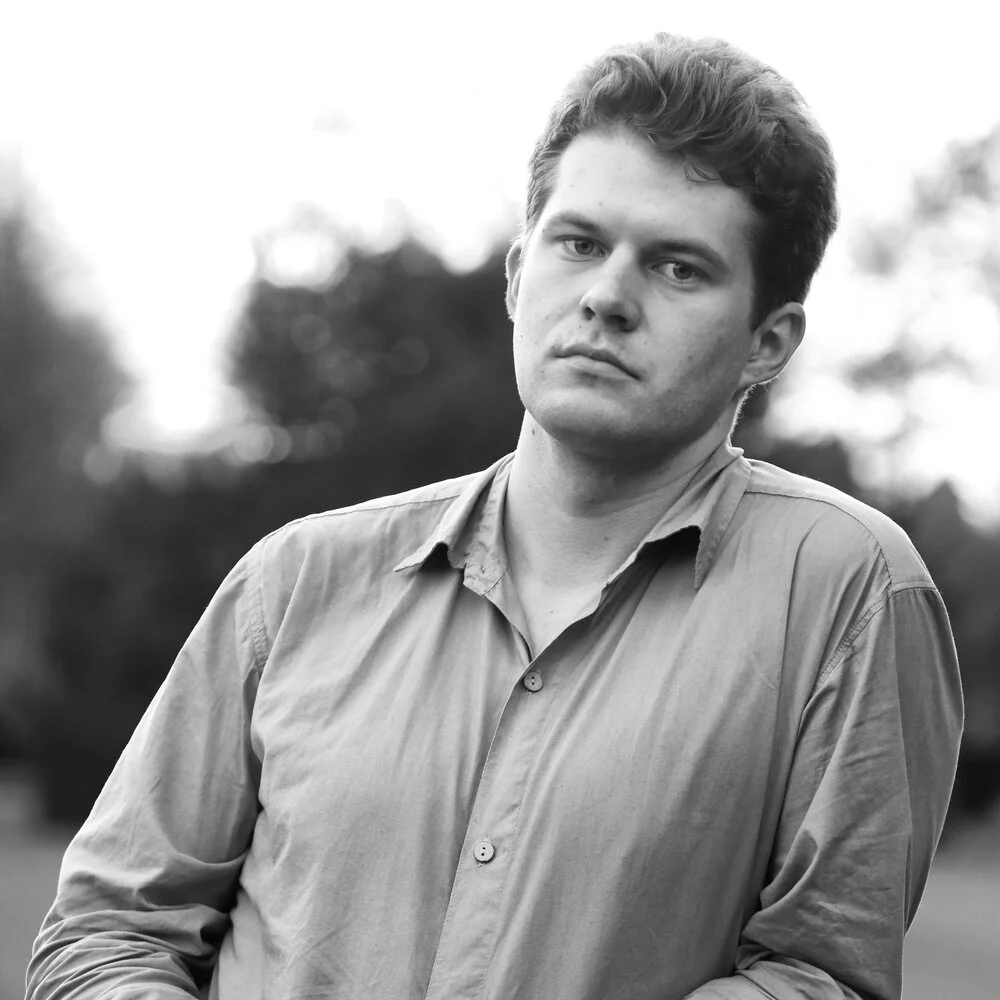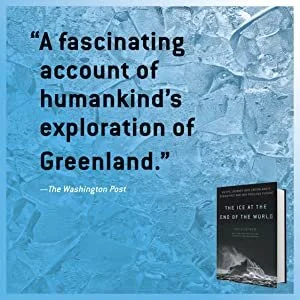I had read Haunting of Hill House, you know, when I was twelve, and I went back home and reread Haunting of Hill House, and then I read We Have Always Lived in the Castle, and by the end of the semester, I had read everything Shirley had written. I came back up to school for my second semester, and I was meeting with my new mentor, and I said I had been reading her. He said, “You know, she lived here, she lived and worked here.” And I said no, I had no idea because I know nothing about her life story. So then I went to the library at the college, and I realized that she lived in a house, one of the two houses that she lived in the whole time she lived in Bennington, was a house that I had walked by every day on my way to get coffee. That market I was buying my cup of coffee every morning was Powers Market where the idea for the Lottery came to her. There’s a famous story about how she came running home from the grocery store, pushing the pram up the hill, and went in and wrote the story in three hours. So, it just kept happening for me that I would meet somebody who would say, “Oh, my husband was best friends with one of the Hyman children, one of Shirley’s children when they were in high school” or “I have this treasure trove of letters” or “I know this person who was Shirley’s husband’s best friend”. Things just kept happening, she just kept sort of pushing into my consciousness in some way. In many ways, I felt as if she found me, I didn’t find her.
THE CREATIVE PROCESS
And what did you discover about her, and yourself, in the writing of the novel?
SCARF MERRELL
That’s such a good question. Haha. I’m not entirely sure what I discovered about her… I certainly, what I imagined about her, was how she got from A to Z, in a certain way. And what it would be like to go through a fallow period in one’s career. I was really writing about a period of time where she was agoraphobic, and she didn’t leave the house and wasn’t writing. That was tremendously interesting to me, and I think, something that resonated for me personally because, at the time that I went to grad school, I had really been wrestling with whether I wanted to continue writing or not, and whether I had anything else that I wanted to say. So, I guess you can say, I learned that writers write no matter what. Shirley has this wonderful moment in her journals, which as I saw in the Library of Congress and so well-worth going to look at, I cannot recommend that journey highly enough, where she is responding to something that her therapist said to her. She writes in her journal, “Writing is the way out. Writing is the way out. Writing is the way out.” And I think that’s true. I learned something about how novelistic truth is different from human truth, in writing this book. As I say for myself, no matter what, I’m just going to keep doing it. No matter what happens, it isn’t really a thing that I have a choice about doing. Not in a kind of weird, overly-dramatic way, it’s just something I love to do, so much.
THE CREATIVE PROCESS
And in your own work, and I’m thinking about other things you’ve dealt with in other books that focus on family, whether fiction or nonfiction. Can you discuss some of those themes? We were talking before, at dinner the other night, about architecture, bringing in your husband, James Merrell…
SCARF MERRELL
Also a Jim, haha. [referring to James Harris, a popular figure in Shirley Jackson’s writing]
THE CREATIVE PROCESS
A Jim! I was thinking about that! Yeah, you have your own-
SCARF MERRELL
I have my own Jim!
THE CREATIVE PROCESS
Yeah... and how you approach books and stories from that point of view [the point of view of architecture]?
SCARF MERRELL
So, that’s something that I have really grown into. I think, with Shirley, that was the first time that I very consciously used the notion of what a house is, and what a house does for a character, as part of the planning of the book. Of course, because Shirley was agoraphobic, I mean it was sort of given to me in a certain way. But I also think it was part of the appeal for me. The idea of a novel as a structured narrative that you wander through, and that the intent of the architect, the writer, the intent is to drive you through the rooms with a particular kind of information-reveal. That’s something that I think Jim brings very consciously to his design-work, in terms of how you live and work in houses that he creates. And I have been trying more and more to bring to my written worlds, in terms of how they are experienced as wholes, as whole institutions that you go through.
THE CREATIVE PROCESS
Sure, to different extents, whether it’s a larger narrative or not, your world-building… and I think particularly with novels, short stories, it depends on the length, but people inhabit novels, and they are sorry to leave them, and they return to them. They reread them, they have that sense.
SCARF MERRELL
Sure, and often there is this sense that you can walk through a house of a novel that you have really loved. You can walk through Northanger Abbey a thousand times. Or Moby Dick. Or Light in August. These are books that welcome you back time and time again. I think that’s true of Shirley’s work. I’ve read all of her books, multiple times, and they never cease to reveal new things to me. And that would be a goal for me, as well. Something I would strive towards, that I would like that kind of world-building to take place. That you can see a different view out every window every time you pass them.
THE CREATIVE PROCESS
How can we better improve our education models? To be teaching “embracing the arts”, creating more creative individuals, engaged individuals, not just in arts education, but throughout?
SCARF MERRELL
Oh gosh, I don’t know. (laughing)
THE CREATIVE PROCESS
Susan, solve it for us! (laughing)
SCARF MERRELL
Obviously, I believe that reading is incredibly important for creating empathy, and for enhancing the imagination. I think, the idea that I read somewhere earlier this week, that because of the Common Core, many students graduate from high school never having read a novel, you know, that’s kind of astounding to me. I think that all the research that says we develop empathy through imagining the lives of others. The novel is a form that has been created for that purpose. I don’t see how we cannot require our students to read stories. That would be my broadside, we must read. You know, people just have to read.



